ED Medication Use During Ramadan: What You Should Know
ED Treatment in Ramadan
Fasting in Ramadan is meant to be for spiritual reflection and physical discipline. However, it has specific complications for men with Erectile Dysfunction (ED). Among them is the fact that food, drink and medications must be abstained from dawn to sunset, during this month. It has raised fears of how to continue effectively without ED treatment.
Most Muslim men are curious whether taking ED Medication during their fast makes them invalid and compromises their religious duties. Unfortunately, that misunderstanding usually drives abstinence from treatment throughout Ramadan, thereby affecting physical well-being along with marital life. In reality, ED is not only a physical problem but also one that deeply impacts self-esteem, mental health, and intimacy.
Thus, avoiding treatment altogether for a whole month may bring unnecessary strain. Even though Islam encourages protecting both health and relationships.
Religious Aspects or Medical Necessity
According to Islamic scholars, medications for clear medical indications do not invalidate fasting at specific times. ED is an example of such medications since a real health issue is involved with a quality-of-life impact and relationships. Islamic jurisprudence generally teaches that anything taken orally during the fasting hours will break the fast. But this does not mean treatment must stop.
The secret lies in the right timing during the non-fasting periods, as you can manage most ED treatments. During Suhoor (pre-dawn meal) or Iftar (evening meal) periods without compromising religious obligations.
It is worth noting that Islam is a religion of ease, not hardship. Preserving health is one of its major objectives (maqasid al-shariah). If a medication is necessary for a condition that affects daily functioning, scholars emphasize that it should be taken responsibly. Hence, men struggling with ED can and should consider treatment timing rather than abandoning it altogether.
ED Treatment Timing
Timing medications around fasting hours is essential when managing adequate ED treatment during Ramadan. Each of these drugs works differently, making timing critical for effectiveness. By coordinating their intake with non-fasting hours, men can continue therapy while respecting the fast. Below are key points to remember:
- Sildenafil: Initiates effect within 30–60 minutes and lasts 4–6 hours. Best taken after Iftar if intimacy is expected in the evening.
- Tadalafil: Takes effect within about 30 minutes but can last up to 36 hours, making it a convenient choice.
- Vardenafil (Levitra): Similar to Sildenafil, with a 30–60 minute onset. Works best when carefully planned with meals after sunset.
- Daily medications: For men on daily ED treatment, tablets should be taken at the same time each evening.
Understanding the duration of action is crucial, since fasting requires long hours without intake. By adjusting to evening or pre-dawn schedules, most men can maintain both treatment efficacy and fasting integrity.
Working with Your Healthcare Provider
Effective coordination between you and your doctor becomes even more important during Ramadan. Healthcare providers familiar with Islamic practices will find it easier to provide proper advice that combines medical and religious issues. Schedule a pre-Ramadan appointment regarding dosing adjustments, timing strategies, or alternatives. Your doctor may recommend switching to medications with longer durations, such as tadalafil, which may better suit the fasting lifestyle.
Moreover, discussing openly with a physician avoids the risks of self-medication, which can be harmful. Professional guidance ensures both safety and compliance with faith practices.
Alternative Approaches to Treatment
Some men prefer to go through non-medication approaches during Ramadan while keeping their focus more spiritual. Natural methods that come on during Ramadan, putting special emphasis on self-discipline, include:
- Regular exercise during non-fasting hours to boost circulation.
- Stress relief through prayer, meditation, and mindfulness, which can positively affect sexual health.
- Healthy Suhoor and Iftar meals rich in nutrients, such as fruits, vegetables and whole grains support vascular and hormonal health.
- Adequate sleep, which can be difficult with altered Ramadan schedules, but remains vital for maintaining energy, mood, and sexual function.
By adopting these habits, men may find themselves physically stronger and emotionally calmer, which also contributes to better sexual performance.
Conclusion
Living life well with ED during Ramadan requires preparative reflection, medical wisdom, and open dialogue with one’s sexual partner. You are allowed and even encouraged to take good care of your health. While reaping the full benefits that accrue when participating in the spiritual aspects of Ramadan. The holy month can become a means to nurture better and healthier habits that extend beyond Ramadan. Concerning Islam, ED treatment should be approached in a way that honors both the spiritual commitment of fasting and the obligation. With careful planning, medical support, and open communication, men can strike the right balance and continue living fulfilling lives.




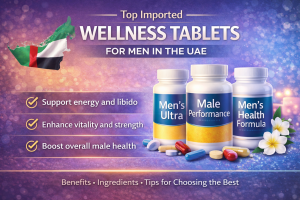
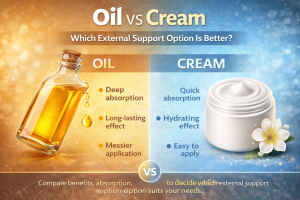

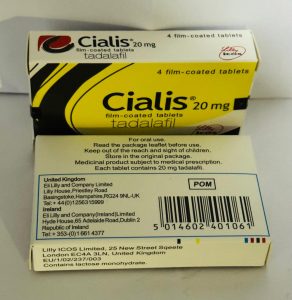
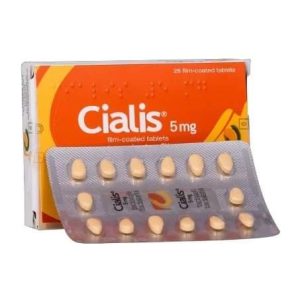
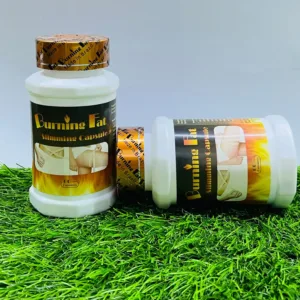



Add comment
You must be logged in to post a comment.